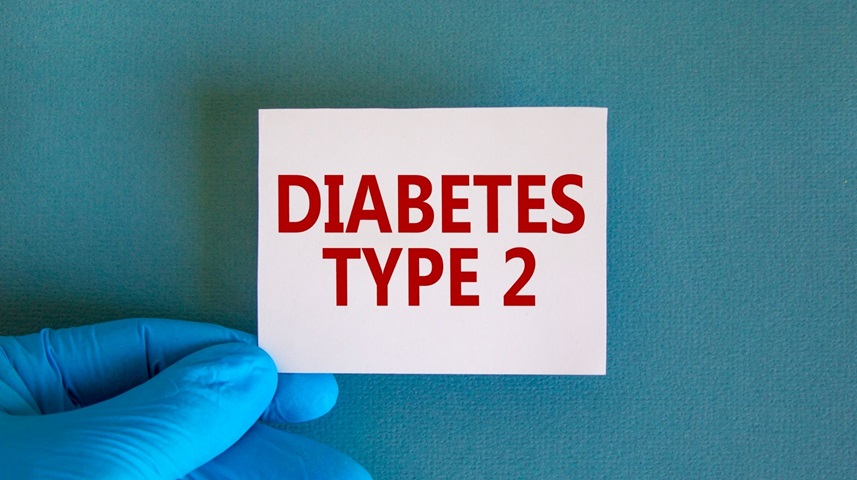Is Bariatric Surgery an Answer for Type 2 Diabetes? let’s find out through this article if bariatric surgery and diabetes go hand in hand.
Background of Type 2 Diabetes:
Diabetes is a disease which causes either an overproduction or underproduction of insulin. Type 2 diabetes is the form in which the body malfunctions due to obesity and it leads to a buildup of glucose in the blood stream, which can be harmful to the human body if it is not monitored. Type 2 diabetes causes many health issues such as heart disease, blindness and kidney failure which are serious problems for a long-life span. The prevalence of type 2 diabetes has increased over the past 10 years, especially in developed countries with their fast-food culture; however, some developing countries have also seen an increase.
Type 2 diabetes can often be reversed by losing weight and maintaining a healthy lifestyle; however, many people do not always succeed in this long-term goal. During the short term, exercise and dieting will lower the blood glucose levels, but they usually go back up once these methods have stopped. Long term, bariatric surgery can be a very effective treatment for diabetes, lowering blood glucose levels and maintaining them at healthy levels even after the patient has lost weight. It can effectively reverse type 2 diabetes because it promotes weight loss through getting rid of excess fat and by also limiting your ability to eat large quantities of food at any one time.
Choosing Right Treatment for Type 2 Diabetes:
If you have type 2 diabetes and are considering bariatric surgery, there are a few questions that need to be addressed before the procedure can go ahead. First of all, is the surgery necessary? You have to decide whether or not you want to proceed with it. There are other treatments available such as long-term medication, with metformin being the most common. Second, you need to determine if your health is at risk from the surgery. You will be required to have a physical examination before the procedure can go ahead. It is also worth talking to your doctor about what you may need in terms of dietary changes and exercise after the surgery has been performed.
Bariatric surgery as a treatment for Type 2 Diabetes:
The surgical procedure involves bypassing part of the digestive system to limit calories from being consumed or reducing the stomach size with stapling devices to reduce satiety and hunger. In addition, there is usually a minimal port positioned at this stage which can be used for the administration of liquid food. If you are a candidate for surgical treatment, your medical team will advise you on making changes to your diet and lifestyle For example: lifestyle changes after lap band surgery you might undergo.
Pros and Cons of Bariatric Surgery:
The advantages of bariatric surgery include the fact that it often has a high success rate in treating type 2 diabetes, with many patients being able to stop taking their medication. In addition, this treatment can also greatly assist in reducing the risk of developing heart disease and strokes which are serious problems attributed to obesity. Lastly, the surgery itself is relatively straightforward and has a specific time period in which the patient needs to take it easy; this means that your work and personal life should not be greatly affected.
The main disadvantage is that the surgery can sometimes have unexpected side effects, such as vitamin B-12 deficiency or leaky gut syndrome. The surgery itself can also create psychological problems for some patients, who feel that they are being deprived of food. This feeling can often lead to an increased risk of binge eating and weight gain over the long term. It’s always best to ask your surgeon for bariatric surgery in Tijuana.
Is bariatric surgery an answer for type 2 diabetes?
In conclusion, the bariatric operation is one of several options patients have when treating type 2 diabetes, and it can work well for some people. However, it is not suitable for all due to the potential side effects of the surgery itself or its outcome, so patients need to consider this carefully before making any decisions about treatment. Although bariatric surgery does not address the underlying causes of obesity, its ability to effectively reverse type 2 diabetes is becoming increasingly well recognized as a treatment for the condition.

